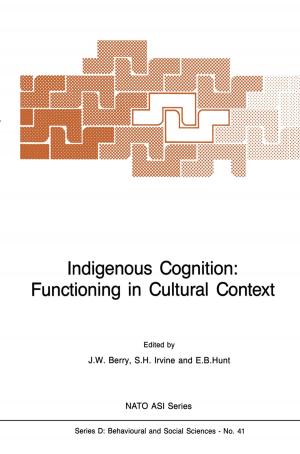Mathematics for Tomorrow’s Young Children
Nonfiction, Reference & Language, Education & Teaching, Teaching, Teaching Methods| Author: | ISBN: | 9789401722117 | |
| Publisher: | Springer Netherlands | Publication: | March 9, 2013 |
| Imprint: | Springer | Language: | English |
| Author: | |
| ISBN: | 9789401722117 |
| Publisher: | Springer Netherlands |
| Publication: | March 9, 2013 |
| Imprint: | Springer |
| Language: | English |
Social constructivism is just one view of learning that places emphasis on the social aspects of learning. Other theoretical positions, such as activity theory, also emphasise the importance of social interactions. Along with social constructivism, Vygotsky's writings on children's learning have recently also undergone close scru tiny and researchers are attempting a synthesis of aspects ofVygotskian theory and social constructivism. This re-examination of Vygotsky's work is taking place in many other subject fields besides mathematics, such as language learning by young children. It is interesting to speculate why Vygotsky's writings have appealed to so many researchers in different cultures and decades later than his own times. Given the recent increased emphasis on the social nature of learning and on the interactions between student, teacher and context factors, a finer grained analysis of the nature of different theories of learning now seems to be critical, and it was considered that different views of students' learning of mathematics needed to be acknowledged in the discussions of the Working Group.
Social constructivism is just one view of learning that places emphasis on the social aspects of learning. Other theoretical positions, such as activity theory, also emphasise the importance of social interactions. Along with social constructivism, Vygotsky's writings on children's learning have recently also undergone close scru tiny and researchers are attempting a synthesis of aspects ofVygotskian theory and social constructivism. This re-examination of Vygotsky's work is taking place in many other subject fields besides mathematics, such as language learning by young children. It is interesting to speculate why Vygotsky's writings have appealed to so many researchers in different cultures and decades later than his own times. Given the recent increased emphasis on the social nature of learning and on the interactions between student, teacher and context factors, a finer grained analysis of the nature of different theories of learning now seems to be critical, and it was considered that different views of students' learning of mathematics needed to be acknowledged in the discussions of the Working Group.















